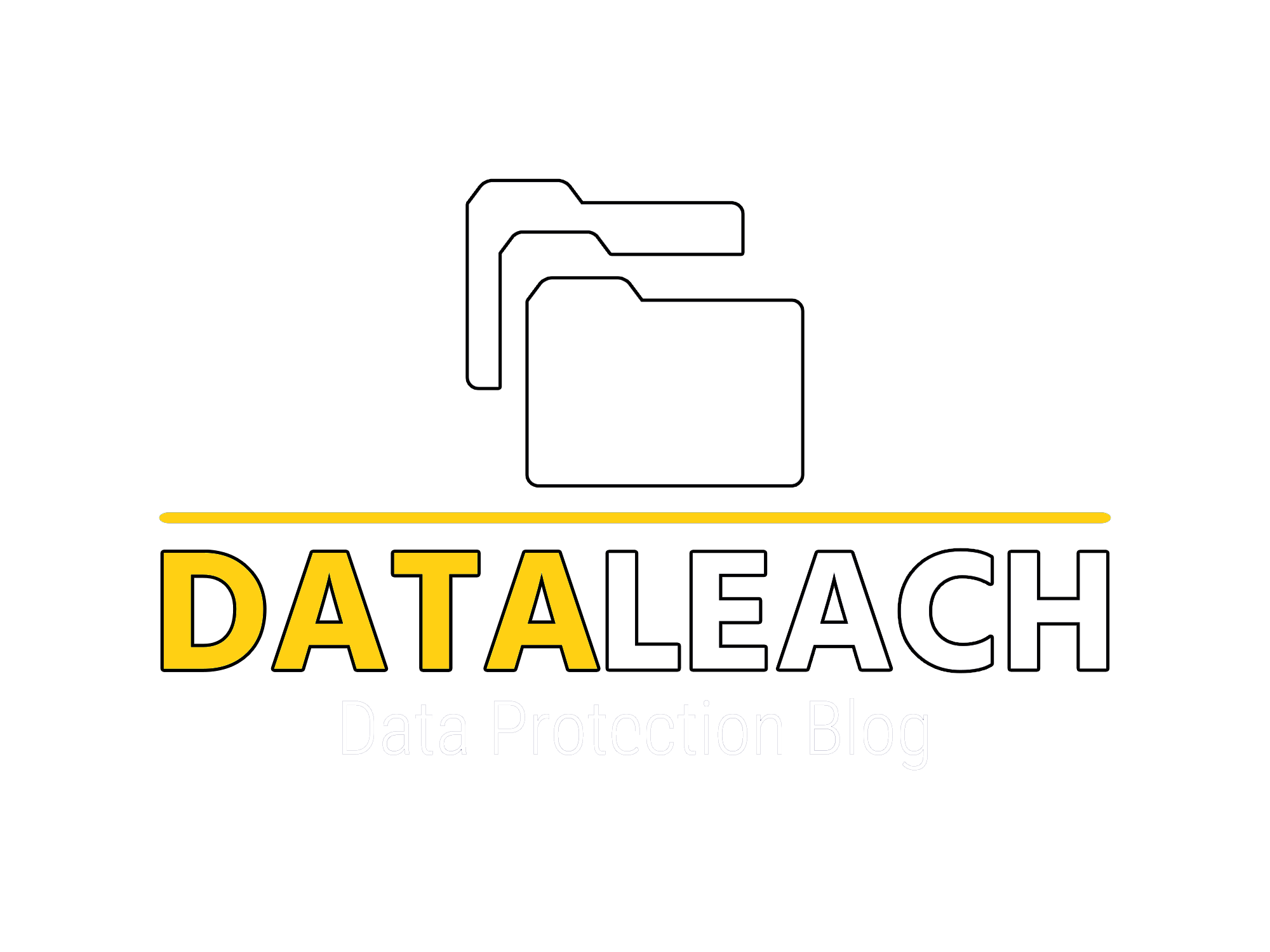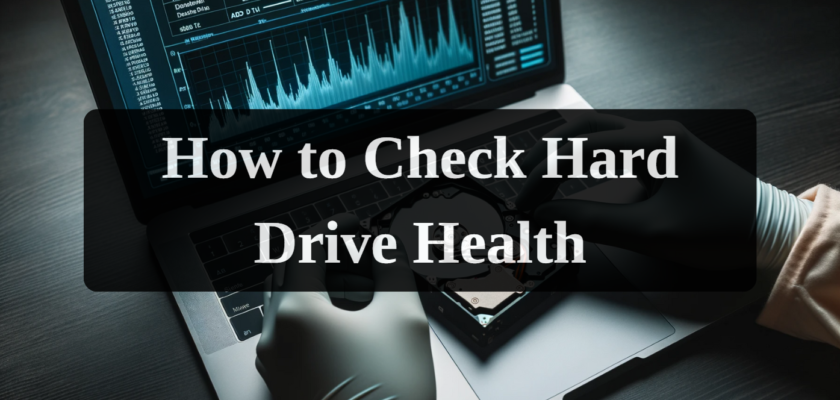Hard drives are essential components of our computers, and their health is crucial to the performance and reliability of our systems. However, hard drives can fail without warning, so it’s important to regularly check their health to identify any potential problems early on.
Built-in tools
There are a number of built-in tools that can be used to check hard drive health. These tools include:
- BIOS check: Most BIOSes include a hard drive test that can be run to identify any major problems. However, this test is not very comprehensive and may not detect all potential problems.
- SMART status: SMART (Self-Monitoring, Analysis, and Reporting Technology) is a feature that is built into most modern hard drives. SMART monitors various drive attributes and reports any potential problems. To check the SMART status of your hard drive, you can use the WMIC utility in Windows or the System Information utility in macOS. Understand SMART better
- CHKDSK: CHKDSK is a Windows utility that can be used to scan and repair hard drive errors. However, CHKDSK should be used with caution, as it can cause further problems if used incorrectly.
Third-party tools
There are also a number of third-party tools that can be used to check hard drive health. These tools are typically more comprehensive than the built-in tools and can provide more detailed information about the health of your hard drive.
Some popular third-party hard drive health check tools include:
- CrystalDiskInfo: CrystalDiskInfo is a free and open-source tool that provides detailed information about the health of your hard drive, including SMART attributes, temperature, and power consumption.
- HD Tune: HD Tune is a commercial tool that offers a variety of features for checking hard drive health, including a read/write speed test, a surface scan, and an error scan.
- SeaTools: SeaTools is a free tool from Seagate that can be used to diagnose and repair problems with Seagate hard drives.
- DriveDx: DriveDx is a commercial tool that provides detailed information about the health and performance of your hard drive.
- SMARTReporter: SMARTReporter is a free and open-source tool that monitors SMART attributes and reports any potential problems.
How to use a third-party hard drive health check tool
To use a third-party hard drive health check tool, simply download and install the tool on your computer. Once the tool is installed, run it and select the hard drive that you want to scan.
The tool will then perform a series of tests to check the health of the hard drive. This may take some time, depending on the size and speed of your hard drive.
Once the tests are complete, the tool will provide you with a report on the health of the hard drive. This report will typically include information about the SMART attributes of the hard drive, as well as any errors that were found.
If the report shows that the hard drive is healthy, then you can continue to use it as normal. However, if the report shows that the hard drive has any problems, then you should back up your data immediately and consider replacing the hard drive.
Tips for keeping your hard drive healthy
There are a few things you can do to keep your hard drive healthy:
- Keep your computer clean and dust-free. Dust can build up inside your computer and block the airflow, which can cause your hard drive to overheat.
- Avoid bumping or jarring your computer. Hard drives are delicate devices and can be easily damaged by physical shock.
- Back up your data regularly. This way, if your hard drive does fail, you won’t lose any important data.
- Use a power conditioner or surge protector to protect your computer from power surges. Power surges can damage your hard drive and other components in your computer.
- Install your hard drive in a well-ventilated area of your computer case. This will help to keep the hard drive cool and prevent overheating.
By following these tips, you can help to ensure that your hard drive remains healthy and reliable for as long as possible.
Additional tips:
- If you are using a laptop, avoid using it on soft surfaces, such as beds or couches. This can block the airflow and cause the hard drive to overheat.
- If you are not using your computer for a while, it is a good idea to turn it off completely. This will help to reduce wear and tear on the hard drive.
Conclusion
By regularly checking the health of your hard drive and taking steps to keep it healthy, you can help to prevent data loss and extend the life of your hard drive.

